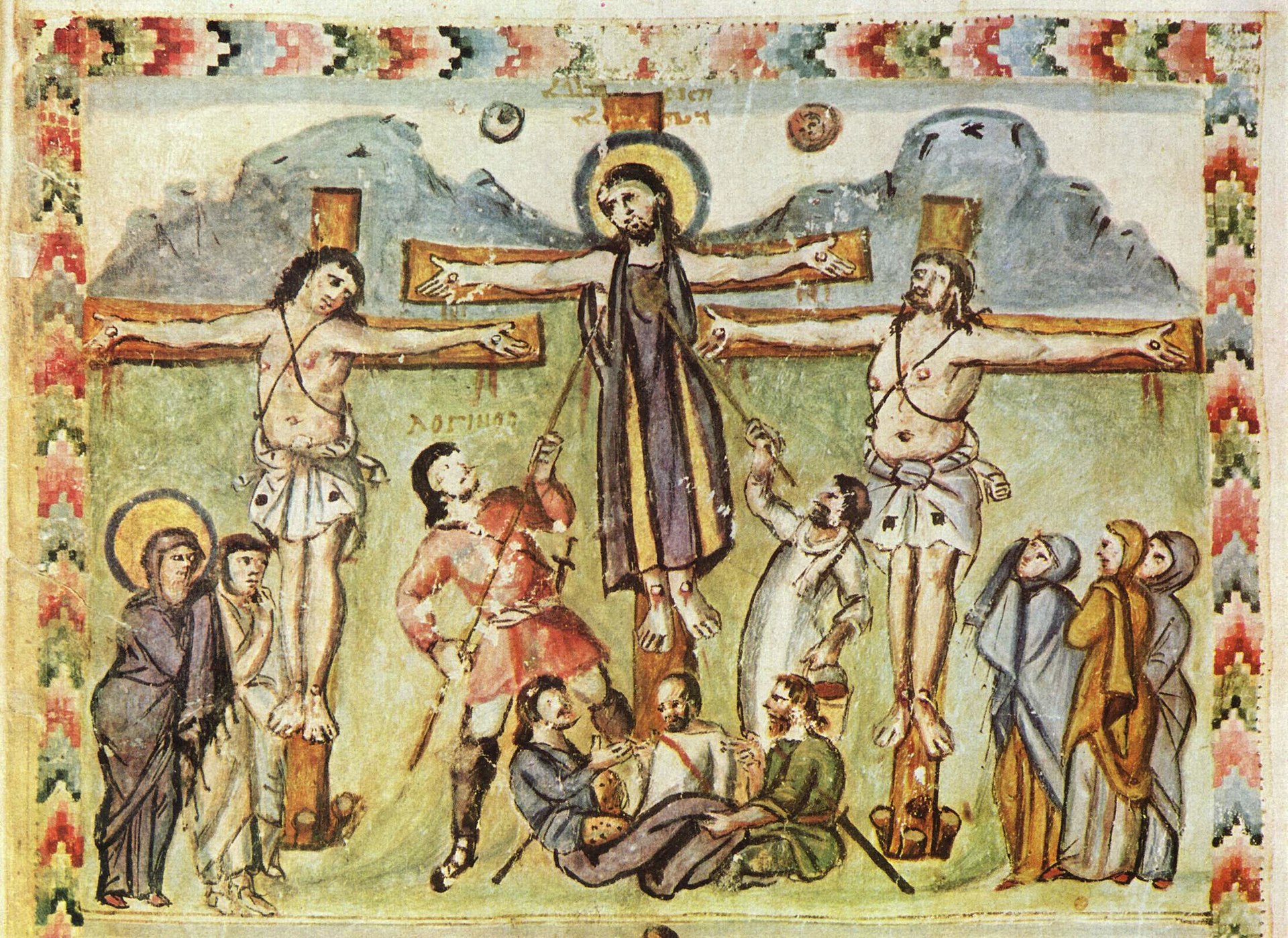In the early part of the twentieth century, a crisis took place in the art world. Objects that were not beautiful were hung in galleries as art. Most famously, in 1917, Marcel Duchamp (1887-1968) submitted a urinal to an exhibition in New York. His piece was called “Fountain” (1917). If that could be considered art, then surely anything can be. The art crisis provoked questions. What counts as art? What is the nature of art? What makes it valuable? Definition of Art What kinds of objects count as art? Think of as many pieces of art as you can. You will probably come up with a list that includes things like paintings,…
-
-
Have You Thought About That?
Someone might say, “I know what I think, but I can’t find the words.” How do you react? Do you imagine the person having a perfectly well-formed thought in their mind, but being unable to find the words to match? If there is a thought that is separate from words, then that thought is either well-formed or not. In order to tell if that thought is well-formed, we need some way to conduct a test. It is difficult to image what this test might be like. Do we gaze at it for a while, observing its well-formedness? And what does a well-formed thought look like? The most obvious test for…
-
Philosophy for Ministry
Plato thought that philosophers should rule. In contrast, Christian philosophers ought to serve. Throughout the history of the church, God has called Christian philosophers to help missionaries, evangelists, pastors, teachers, and counselors in all sorts of ways including the following: Defending the Christian Faith against objections Refuting false teaching Thinking through issues methodically and rationally Aiding the theological task Building intellectual confidence Integrating beliefs into coherent whole Understanding nonbelievers Christian Philosophers, J.P. Moreland and William Lane Craig suggest that there are six ways in which philosophers can help the ministry of the church (Moreland and Craig, 16-19). Apologetics – when an objection is made against Christianity it is almost always…
-
What is Christian Philosophy?
What is Philosophy? The word, philosophy, simply means ‘love of wisdom.’ In some sense, anyone who seeks out wisdom for its own sake is a ‘philosopher’. However, philosophy often asks questions for which other disciplines have no immediate answer. As Graham Oppy writes, “philosophy is the discipline that addresses questions for which we do not yet know how to produce…agreed answers using the methods of other established disciplines.” (Graham Oppy in Four Views on Christianity and Philosophy, 23). Consider an example. Perhaps you hear a sentence and wonder what it means but then go on to wonder how sentences get their meaning. The question, ‘how do sentences get their meanings?’, does not find any…
-
Human Progress is not Enough.
We all have an interest in human progress. Whether it be the accumulation of knowledge, removal of disease, increase in prosperity, decline in murder, or a wealth of other worthy aims, we want to see human life get better over time. However, for some people, being ‘part of history’ or devoting oneself to human advancement is the source of their meaning in life. It is the ‘something’ that transcends their own value and grants them purpose for their lives. Without it, they think their life would be pointless. The view that human progress can provide an ultimate meaning for one’s life goes back at least as far as Hegel. Hegel’s…
-
The Search for Meaning, Truth and Knowledge.
I have been perusing an old book by Simon Blackburn called Spreading the Word. In it, Blackburn has a very helpful little section describing the relationship between mind, language, and the world in the form of a triangle the corners of which are connected to one another by theories. The mind corner is connect to the world by a theory of knowledge and connected to the language corner by a theory of meaning. The world corner is connected to the language corner by a theory of truth. The idea is that one chooses a corner from which to develop theories for the sides. The task then becomes ensuring that one’s corner contains…
-
What is Human Nature?
During the nineteenth century, Charles Darwin presented a view that was to have a revolutionary effect on how we conceived of ourselves and our place in the world. Darwinism stood opposed to the two traditional views that had been assumed for centuries, the Classical view and the Judeo-Christian view. According to the Classical view, human nature is primarily distinguished by its rational capacities. For example, Plato considered the human soul to be composed of reason, will, and appetite. Plato thought that reason should govern the appetite and enforce its conclusions through the will. Similarly, Aristotle thought that humans are ‘rational animals’, sharing much in common with our creaturely neighbors but…
-
Why Christianity Won’t Go Away
Supposedly, Christianity will go away. We will evolve and move on. Infuriatingly for some, it’s not going away that easily. Today, we remember a day when Jesus was supposed to go away. But, things did not go as planned. Crucifixions were supposed to be smooth and orderly. Everyone played their part to make sure the punishment was carried out with maximum efficiency and elegance. But this was no ordinary crucifixion. Things had already been going off the rails. Pilate couldn’t find a crime but gave in to the crowd’s call for Jesus to be crucified. Jesus himself was not displaying the normal characteristics of the guilty. But surely the day…







